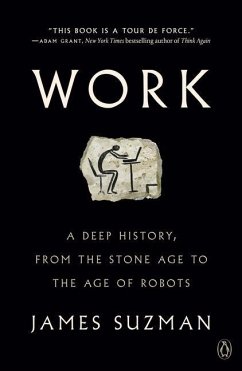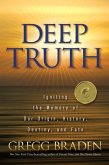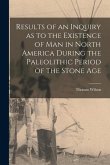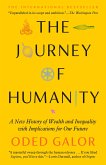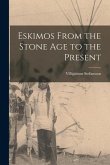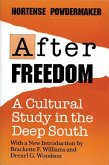"This book is a tour de force."-Adam Grant, New York Times bestselling author of Give and Take A revolutionary new history of humankind through the prism of work by leading anthropologist James Suzman Work defines who we are. It determines our status, and dictates how, where, and with whom we spend most of our time. It mediates our self-worth and molds our values. But are we hard-wired to work as hard as we do? Did our Stone Age ancestors also live to work and work to live? And what might a world where work plays a far less important role look like? To answer these questions, James Suzman charts a grand history of "work" from the origins of life on Earth to our ever more automated present, challenging some of our deepest assumptions about who we are. Drawing insights from anthropology, archaeology, evolutionary biology, zoology, physics, and economics, he shows that while we have evolved to find joy, meaning and purpose in work, for most of human history our ancestors worked far less and thought very differently about work than we do now. He demonstrates how our contemporary culture of work has its roots in the agricultural revolution ten thousand years ago. Our sense of what it is to be human was transformed by the transition from foraging to food production, and, later, our migration to cities. Since then, our relationships with one another and with our environments, and even our sense of the passage of time, have not been the same. Arguing that we are in the midst of a similarly transformative point in history, Suzman shows how automation might revolutionize our relationship with work and in doing so usher in a more sustainable and equitable future for our world and ourselves.
As automation threatens to completely disrupt the global job market, it is urgent to rethink the economic, psychological and even spiritual importance of work. By examining the lives of hunter-gatherers, apes and even birds, Suzman highlights that what we consider "natural" is often just the questionable legacy of industrial gurus and agricultural religions. Knowing the history of how we have spent our time in the past will hopefully enable us to make more sensible choices in the future Yuval Noah Harari

